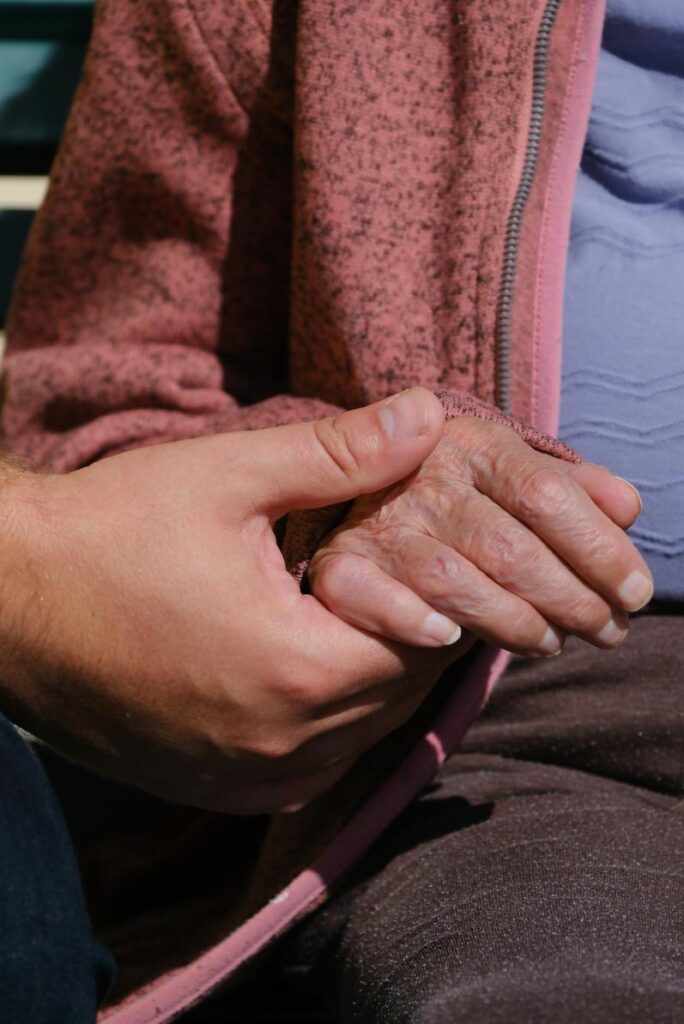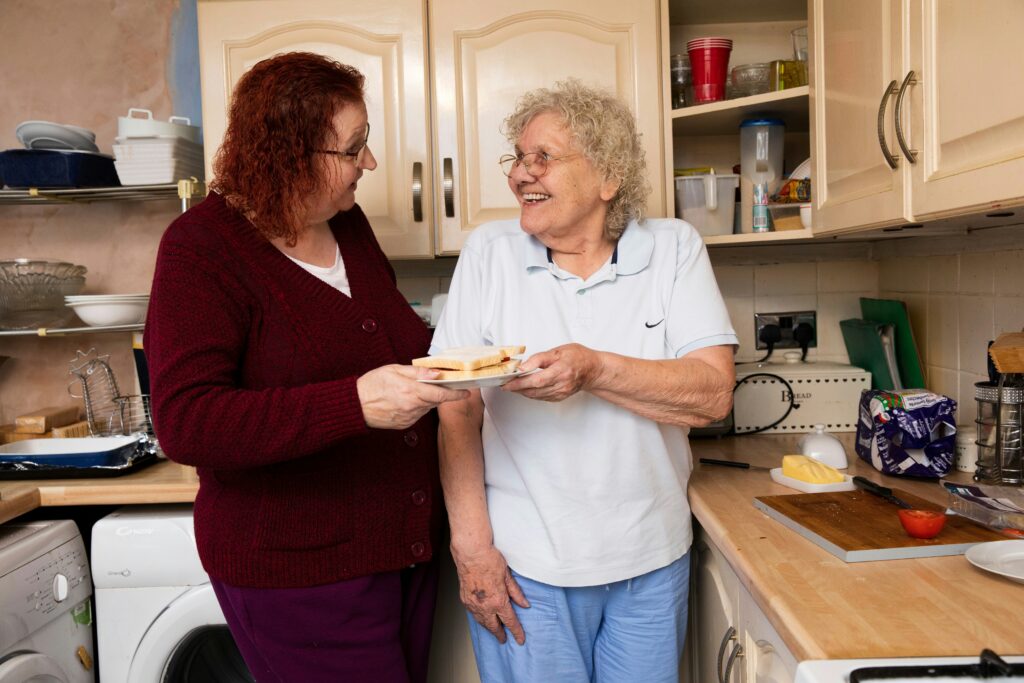What Is Respite Care? A Guide to Support for Carers and Their Loved Ones

Caring for a family member can be both rewarding and challenging. When life’s demands become overwhelming, respite care provides that temporary support so carers can take a well-deserved break and maintain their health and well-being. But what is respite care? This guide explains how respite care works under Scottish law, the available types of respite care, how to arrange respite care for your loved one, and funding options that might be available.


Understanding Respite Care in Scotland
Respite care is short-term, temporary care that supports the person you care for when you need a rest from your caring role. It can take many forms, including home care, day care, or care home stays. In Scotland, the provision of respite care is shaped primarily by the Carers (Scotland) Act 2016, which emphasises recognising carers’ rights, supporting their wellbeing, and ensuring carers have a legal right to breaks. As it is important that carers take care of their own well-being as well as that of the people they care for.
Since April 2018, the Act requires local authorities to provide support through Adult Carer Support Plans (ACSPs) or Young Carer Statements, replacing earlier carer’s assessments. These focus on several factors, from hours of care to the impact of caring and the carer’s personal outcomes, such as the need for a break from caring. The Act also includes emergency planning, so carers can quickly access emergency respite care if needed.
Types of Respite Care Provided in Scotland
Scottish carers have access to several types of respite care services tailored to meet individual needs:
- Home Respite: Care is provided in the familiar surroundings of the cared-for person’s home, including personal care, companionship, and support with household tasks. This option suits those who prefer to remain in their own environment when being cared for.
- Day Care: Centres offer social activities, therapeutic support, and outings during the day. It provides carers with relief and allows the person cared for to engage in stimulating activities safely.
- Care Home Stays: Short-term residential placements offer 24 hour care. These are useful for longer breaks, emergency care, or where intensive support is needed.
How to Arrange Respite Care in Scotland
If you need respite care in Scotland, the first step is to contact your local council or Health and Social Care Partnership. They can provide information about services available in your area and guide you through the process of:
- Adult Carer Support Plans (ACSP) or Young Carer Statements: These assessments focus on the carer’s needs and what support or breaks they require.
- Needs Assessment: Assesses the care requirements of the person you care for, ensuring appropriate respite options are arranged.
Many councils collaborate with local charities and voluntary organisations to provide respite care services. Planning ahead is important to ensure availability, but emergency respite can also be requested if you face a sudden crisis.
Funding and Paying for Respite Care in Scotland
In Scotland, the cost of respite care can vary. Thanks to the Community Care (Personal Care and Nursing Care) (Scotland) Regulations 2002 (and recent amendments in 2025), personal and nursing care services assessed by local authorities are provided free of charge. This means:
- If the respite care involves personal care, such as help with washing or dressing, the cost will generally not be charged.
- However, charges may apply for other accommodation or support costs in a care home setting.
- Your local needs assessment and carer’s assessment (ACSP) will clarify eligibility and funding arrangements.
- If you choose private respite care, you will need to pay for respite care yourself.
It is worth contacting your council to discuss funding, possible benefits, and financial support available.
The Importance of Respite Care for Carers and Loved Ones
Taking a break from caring has many health and emotional benefits. Respite care gives carers time to:
- Reduce stress and avoid burnout.
- Attend to their own health.
- Pursue social activities, hobbies, or rest.
- Recharge emotionally and mentally.
For the person you care for, respite care offers stimulation, socialisation, and care continuity in a safe environment.
Emergency Respite Care in Scotland
The Carers (Scotland) Act 2016 mandates that local authorities must have plans for emergency situations where carers are unable to provide care unexpectedly. Your local authority can work with you to create contingency plans detailing the needs of the person cared for and emergency contact details. This ensures timely access to emergency respite care.
Support for Scottish Carers
Additional Support Available to Carers in Scotland
Caring for a loved one can sometimes feel isolating or overwhelming, but you don’t have to face it alone. Across Scotland, there are a variety of services and resources designed to offer carers practical help and emotional encouragement beyond respite care alone. Many carers find that accessing these supports makes their day-to-day role more manageable and enriches their quality of life.
For example, several local organisations provide tailored advice on financial matters, benefits, and entitlements specific to the Scottish system, helping carers to navigate the often complex paperwork and applications. Practical assistance might include help with transport, equipment loans, or home adaptations, all aimed at reducing the physical strain of caring.
Moreover, peer-led initiatives encourage carers to build meaningful connections with one another. These groups offer a chance to share stories, swap tips, and understand that their experiences and feelings are shared by others. For many, these connections bring not only comfort but also motivation and renewed resilience.
Carers can also access opportunities for personal development, such as educational courses or mindfulness workshops, designed to boost wellbeing and offer new coping strategies. Such initiatives acknowledge that caring is not only a physical task but an emotional journey that requires strength and self-care.
By tapping into these extensive networks of support throughout Scotland, carers can find comprehensive help that acknowledges their vital role while promoting their own health and happiness.
Final Thoughts: Respite Care Under Scottish Law
Respite care in Scotland is a legally recognised right under the Carers (Scotland) Act 2016 and related legislation. The law empowers carers to access planned and emergency breaks via a focus on personalised assessments and support planning. Whether you need short breaks, home respite, day care, or a temporary care home stay, Scottish carers have access to services designed to ease the pressures of caring while ensuring high-quality care for their loved ones. Taking advantage of these services can make a significant difference in maintaining your own health and well-being while continuing to provide the best possible care. Remember, reaching out early to your local authority or Health and Social Care Partnership can help you plan effectively and secure the support you deserve.
If you need respite care or support, contact your local council or Health and Social Care Partnership today for a free assessment and to discuss your options as a carer in Scotland.





